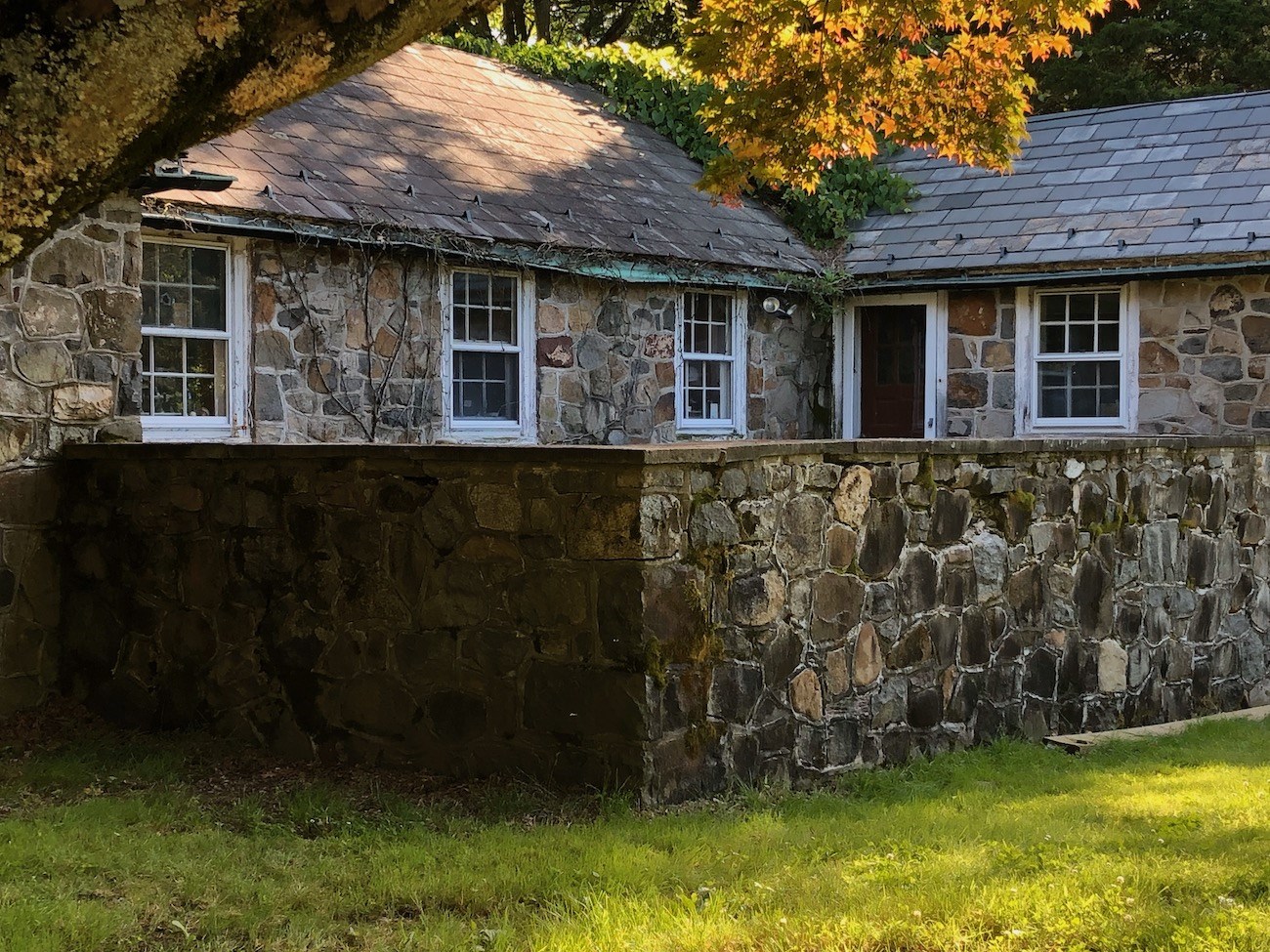Value local news?
Hopewell Valley counts on MercerMe for daily reporting. But quality journalism takes time, care, and resources—and it only continues with your support.
What You Get:
1. Exclusive Archives: Dive into 10 years of Hopewell Valley’s history.
2. Insider’s Scoop: Our monthly newsletter with behind-the-scenes updates and exclusive content.
Your support keeps Hopewell Valley informed, engaged, and connected. Together, we’re shaping a stronger community narrative, one impactful story at a time.
Mary Galioto
Mary Galioto is the founder and publisher of MercerMe, dedicated to delivering reliable news to Hopewell Valley. A Hopewell Township resident raising two fantastic kids, she also serves as the vice chair of the Township’s Tourism & Economic Development Advisory Committee. In her free time, she enjoys painting, nature, and taking things too seriously.








